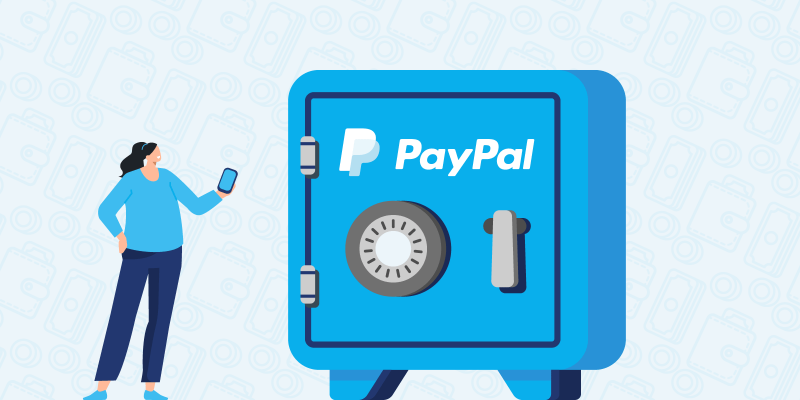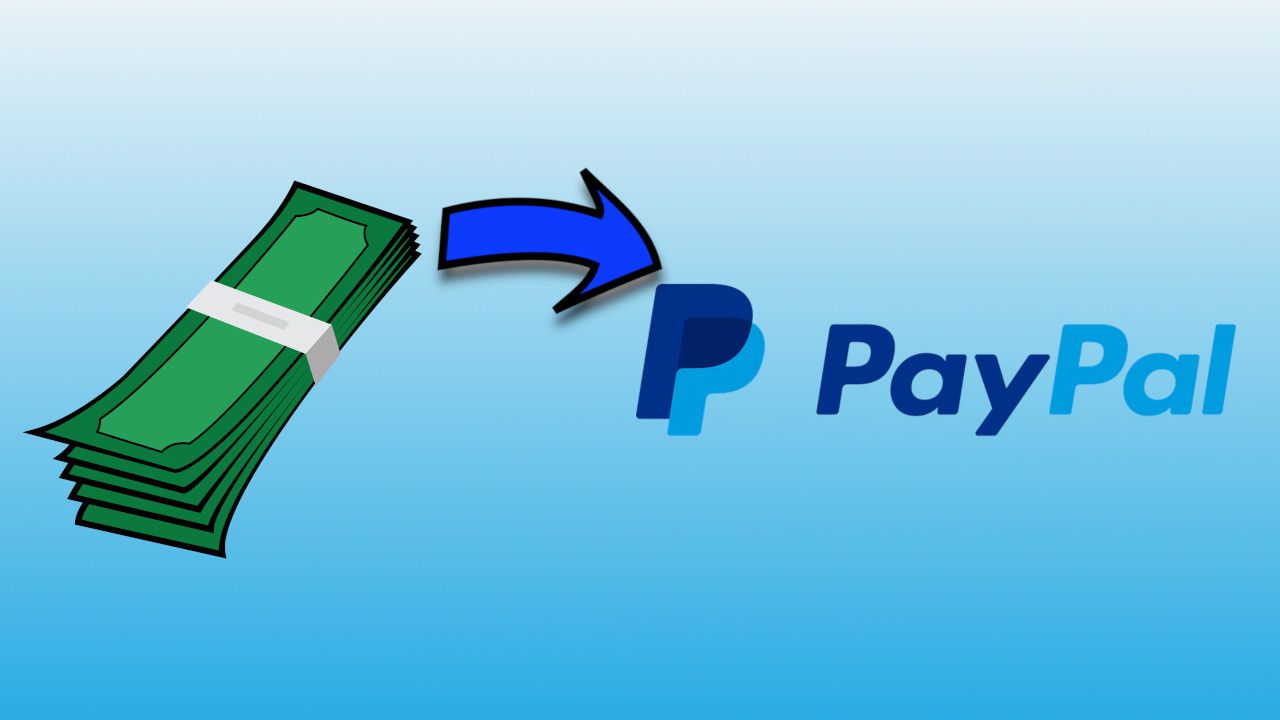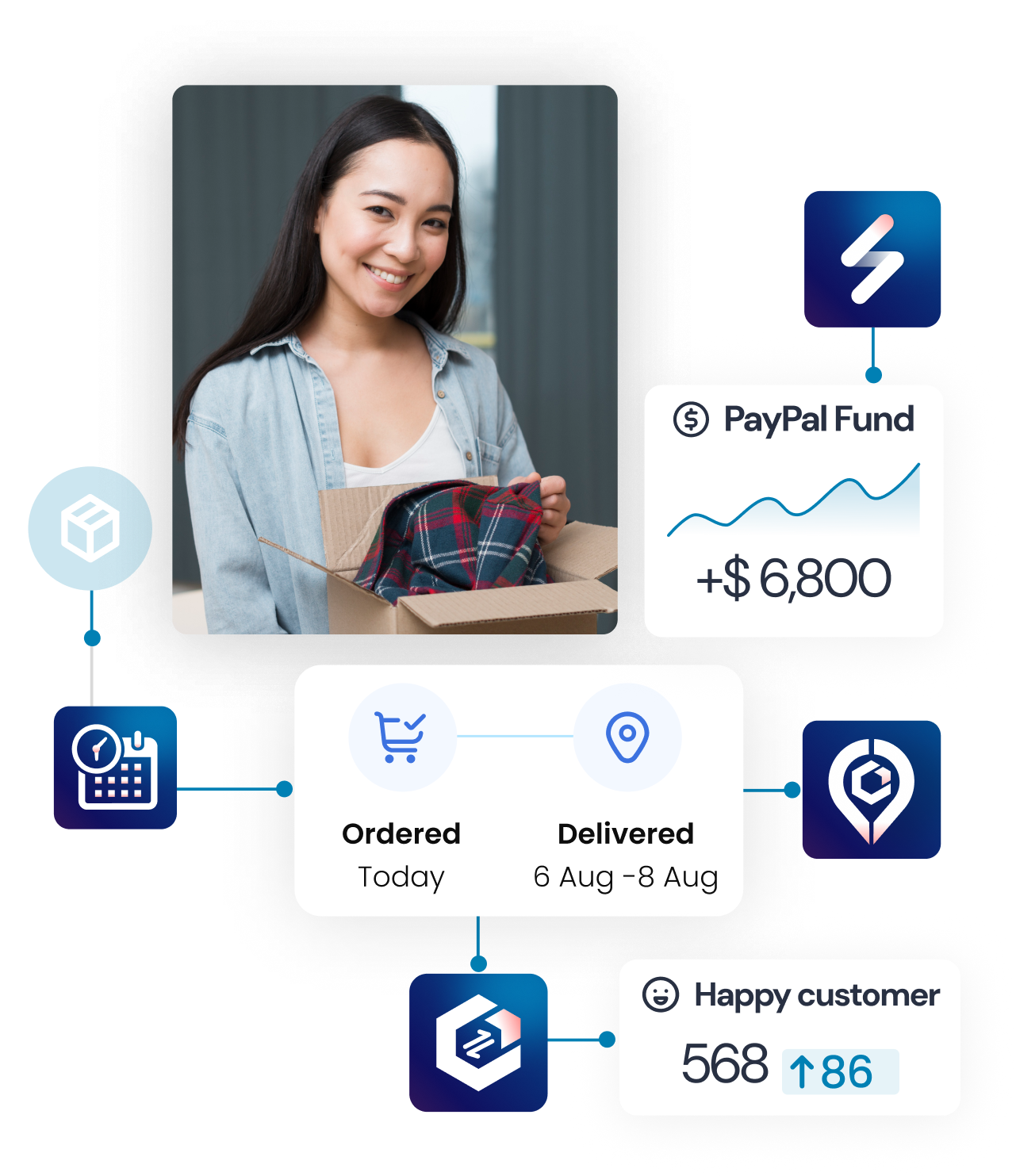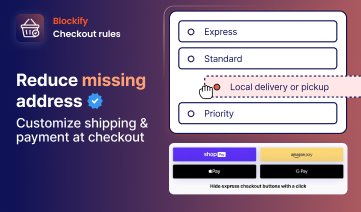As a seller on Shopify with 1000+ orders per day, you may notice how important tracking numbers are. But what if you forget to enter Shopify tracking numbers into PayPal?
At this point, it is possible for you to face disputed charges coming from unhappy customers.
A question is raised: Is PayPal safe for buyers and sellers? Who will get more protection from PayPal?
Besides the problem above, there are numerous scams, fraud, and theft occurring every day.
As a seller and a buyer, it’s important to understand the security precautions that make using PayPal safely.
With that in mind, we will create this post to discuss whether PayPal is really one of the safest ways to conduct a transaction and some tips for safely selling and buying.

Is PayPal safe for buyers?
When sending money, PayPal is generally safe to use. Glitches and data breaches can happen to any organization in the age of the internet, even the greatest ones. No system is fully risk-free.
However, PayPal is a respectable business with the best buyer protection and security systems in place to ensure that its users are largely secure online.
In fact, giving your bank account or credit card information directly to the website you’re purchasing from may not be as safe as using PayPal.
This is due to the fact that PayPal stores all of your information there rather than distributing it to every retailer you use.
You won’t need to deactivate your cards and change all of your automated billers if something happens. You can easily secure your PayPal account by updating your card information or password.
Read more: How to detect a PayPal email scam?
Some tips for safe buying
Make sure your money and personal information are secure by taking safeguards.
- Update the software on your PC and mobile devices.
- Never manage or even access your PayPal account on a public Wi-Fi network when making financial transactions.
- Instead of using a debit card or direct bank transfer, use a credit card since it does not have an available funds amount that you can access.
- Watch out for links in emails. It’s possible for phishing scams to use emails that look like they’re from PayPal but actually link to sites that steal your account information.
Is PayPal safe for sellers?
It’s crucial to be paid for the goods and services you render if you own a business. Is it secure to trust PayPal to handle customer payments?
The majority of companies that receive PayPal payments regard it to be completely secure. Additionally, PayPal offers a Seller Protection policy; however, you must be eligible for it.
Compared to buyers, sellers are more likely to face more risks. The main risk most sellers frequently face is disputed charges raised by customers.
Customers may dispute the transaction or try to have it reversed if they allege that the products were never delivered or that you did not fulfill your commitment. Although you can argue your case, PayPal won’t rule in your favor without strong evidence.
Customers may contest payments, for instance, for a number of reasons:
- The customer’s account was stolen, therefore the payment was actually fraudulent.
- A shipment never arrived safely
- Shopify no tracking number on PayPal
- A customer was unhappy with your product
and so on…
Well, so many reasons for just one risk, right? Then how can Sellers reduce this risk? That’s what we will discuss in the next parts below.

Some Tips for Safe Selling
The greatest way to protect yourself is to tread cautiously when selling to and to whom. Unsurprisingly, expensive objects are the most desirable targets for thieves. Try the following advice to lessen the likelihood of such an issue:
- Only deliver to confirmed addresses. In this approach, delivery scams can be reduced.
- Don’t deliver items directly. If you want PayPal to support you, it’s preferable to have evidence of shipment from UPS or another reliable shipper.
- Ensure that pricey products are signed for.
- Include all unclear features or restrictions that can frustrate customers in your explanation of what you’re selling. In order to prevent your buyer from being surprised, include photos of any damage or defects.
- Be timely and courteous in your communication with dissatisfied customers.
If there is a disagreement, make sure to keep a record of your communication with the buyer so you can show it to PayPal.
How can you make using PayPal even safer?
Don’t worry too much about Is PayPal safe. As a seller on Shopify, you will need to know how to protect yourself from any risks. Apart from several tips above, we’re going to introduce to you a great way to avoid disputed charges with Synctrack.
In the realm of technology, automation has already become the key factor for any development. Similar to adding a tracking number (whether Shopify tracking number API or Shopify Facebook tracking), it can be now totally done automatically with Synctrack PayPal app.
This way, you can protect yourself from disputes, reduce refunds, and minimize Paypal’s reserve time, it is also the best practice for seller protection on Paypal’s end.

Final Words
If you want to survive in this competitive eCommerce environment, you will need to know much more than only knowing how to sell online.
Protecting yourself from all risks coming from PayPal transactions or any other payment platforms is key for the long-term sustainable development of any eCommerce business.
Accompanying your online business, Synctrack will be a powerful tool to automatize the process of syncing Shopify tracking info to PayPal.





